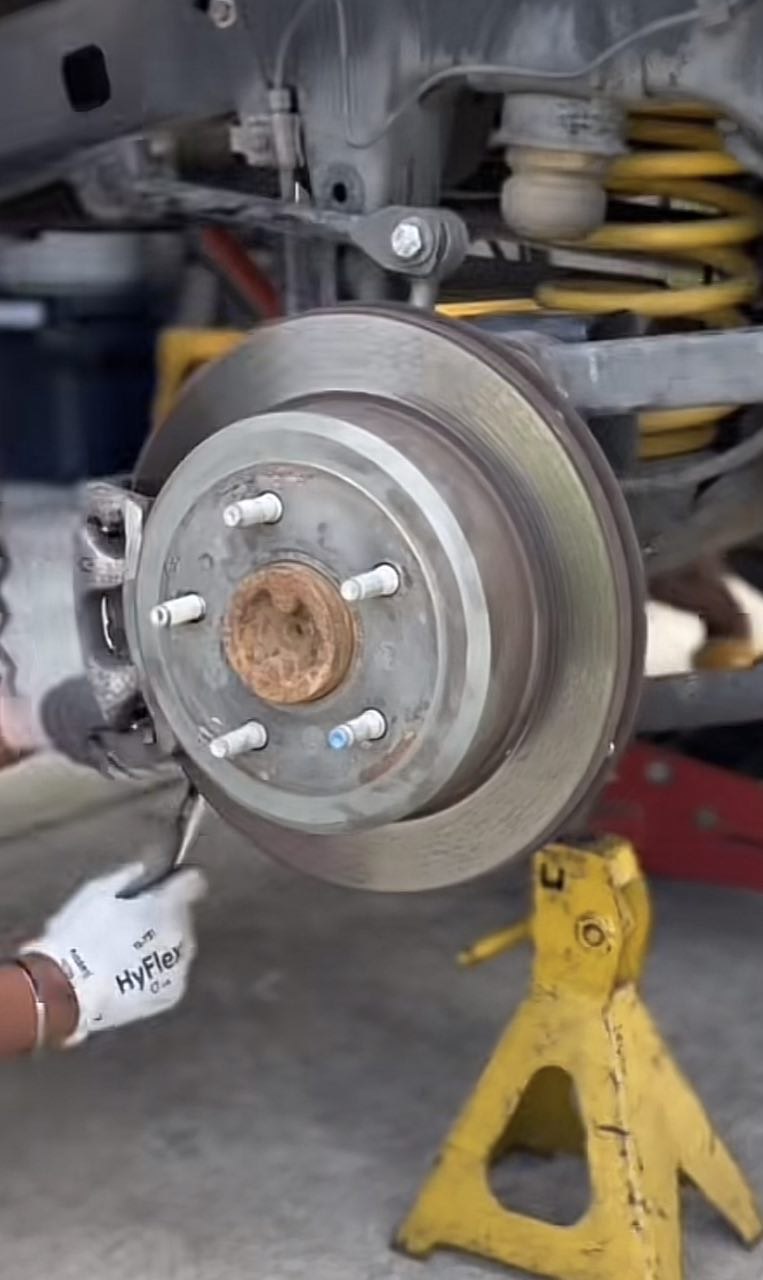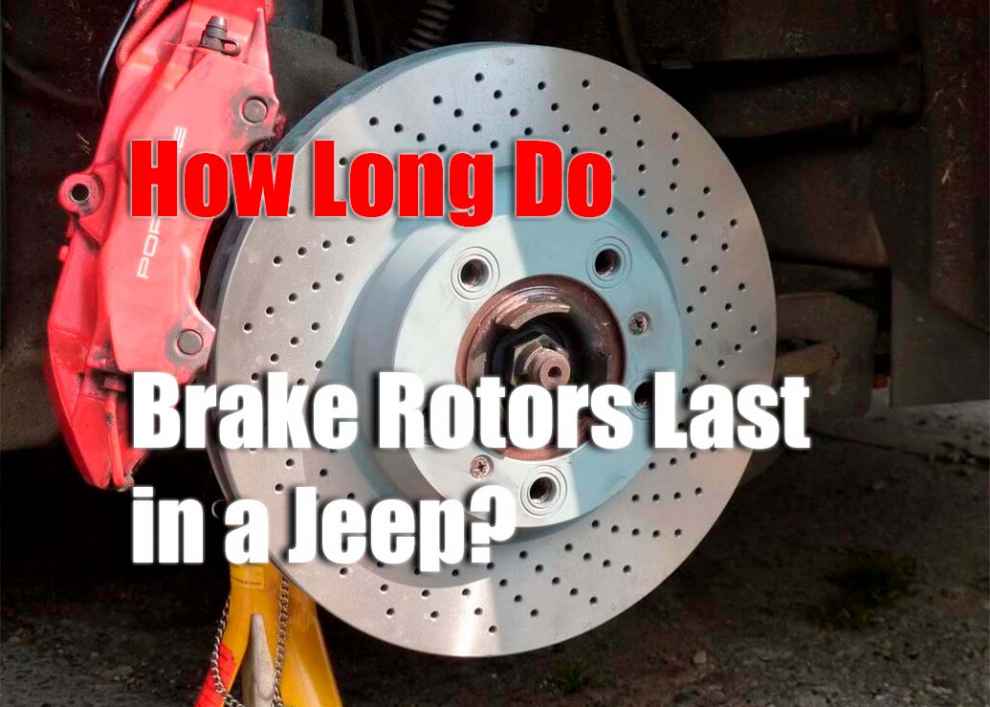Brakes are one of any vehicle’s most important safety features; ensuring they are always in good working order is vital. Without a reliable braking system, your car may be unsafe to drive. One component that makes up your brake system is the brake rotor. The brake rotor stops your vehicle when you step on the brakes, and they are essential for keeping you safe while driving. In this article, we’ll discuss the average lifespan of brake rotors in Jeep vehicles, how to maintain them for maximum performance, and tips to prolong their life and when to replace them. Also read about Best Rotors for Jeep.
Factors Affecting Brake Rotor Lifespan

How Long Do Brake Rotors Usually Last in Jeep Vehicles?
The average lifespan of brake rotors in Jeep vehicles can range from 20,000 to 70,000 miles (32,000 to 112,500 kilometers). However, this highly depends on the factors discussed above and can vary widely depending on an individual’s driving habits and maintenance practices. On average, most drivers find that brake rotors must be replaced at least every two years or 40,000 miles (64,400 kilometers). Regular maintenance, including brake inspections and pad replacements, can extend the life of the rotors. Using high-quality brake components and ensuring proper installation also play a crucial role in determining how long the brake rotors will last in Jeep vehicles.
How to Maintain Your Brake Rotors
Maintaining your brake rotors is essential for optimal performance and longevity. Regular inspections, cleaning, and lubrication can significantly improve the lifespan of your brake rotors. Regularly inspect your brake rotors for signs of wear and tear or damage. Check for any warping, scoring, or deep grooves on the surface of the rotor that can indicate excessive wear or that it is time to replace them. Clean the brake rotors frequently using a mild cleaner and soft cloth to remove dirt, debris, and grease buildup that could affect performance. Lubricate all moving parts using a high-quality lubricant to reduce friction between parts and prevent corrosion from moisture buildup. Be sure to use only manufacturer-recommended lubricants designed specifically for automotive use.
Tips to Prolong the Life of Your Brake Rotor System
Maintaining the longevity of your brake rotor system is crucial for your safety and your vehicle’s overall performance. Follow several essential tips to ensure an extended lifespan for your brake rotors. First and foremost, practice smooth and anticipatory driving to minimize unnecessary and abrupt braking, as this can lead to excessive wear on the rotors. Regularly inspect your brake pads for signs of wear and replace them promptly, as worn-out brake pads can cause damage to the rotors. Additionally, avoid overloading your vehicle, as excess weight can strain the brake system. Properly functioning brake calipers and brake fluid are equally important; ensure they are checked and serviced according to the manufacturer’s recommendations.

When to Replace Your Brake Rotors
Despite regular maintenance, brake rotors will eventually need to be replaced due to wear and tear or damage caused by environmental factors or improper installation/maintenance practices. The most common signs that your brakes may need replacing include irregular braking surface, vibration during stopping/braking, unusual noises when braking, or a noticeable decrease in braking performance over time. It is important not to ignore these signs as they could indicate serious issues with your brakes that should be addressed immediately for optimal safety and performance of your vehicle’s braking system.
Conclusion
Brake rotors are critical to your vehicle’s braking system and should be handled properly to ensure optimal safety and performance. Knowing the average lifespan of brake rotors in Jeep vehicles, how to maintain them for maximum performance, and tips to prolong their life can help you get the most out of your brakes. Additionally, understanding when it is time to replace your rotors will ensure that you always stay safe on the road.

Add Comment